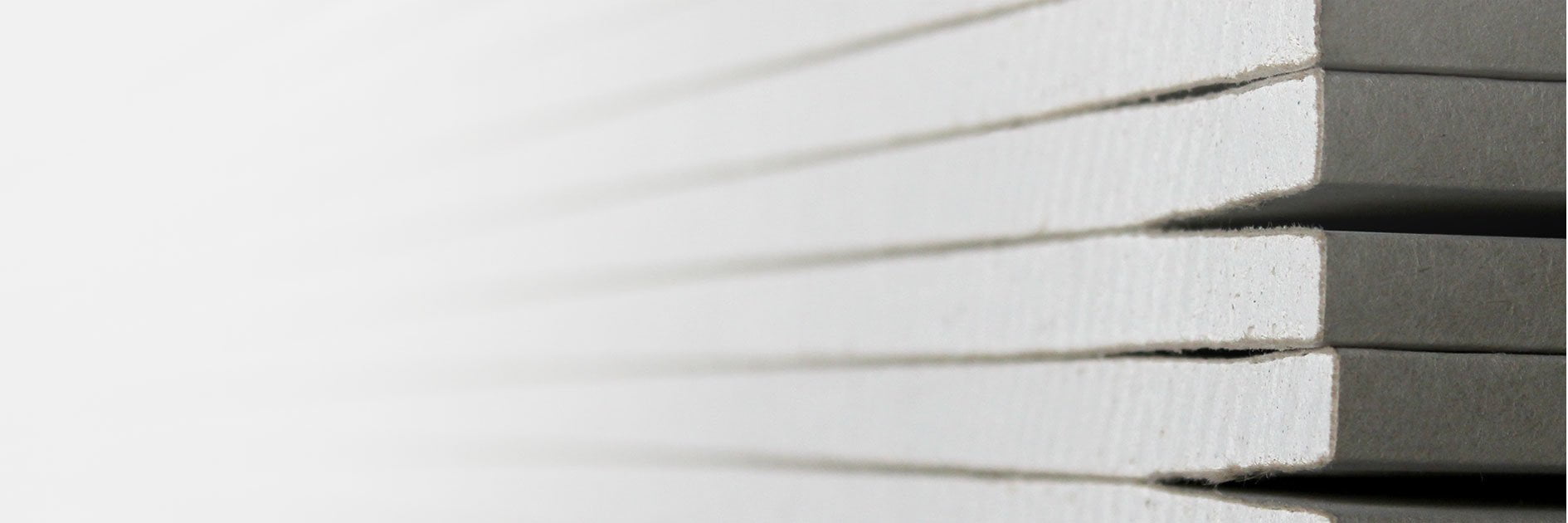Drywall, also known as plasterboard or gypsum board, is a widely used material in the construction industry. It has gained popularity due to its versatility, cost-effectiveness, and sustainability. In this blog post, we will explore the various aspects of drywall, including its composition, benefits, applications, and its impact on the environment.
- Composition and Manufacturing Process:
Drywall is composed of a gypsum core sandwiched between two layers of paper. Gypsum, a naturally occurring mineral, is mined and then processed into a fine powder. This powder is mixed with water and additives to form a slurry, which is then poured onto the paper sheets. The slurry sets and hardens, resulting in a solid and durable panel. - Benefits of Drywall:
2.1. Fire Resistance: Drywall is inherently fire-resistant, making it a safe choice for residential and commercial buildings. It can withstand high temperatures and delays the spread of flames, providing valuable time for evacuation and firefighting.
2.2. Sound Insulation: The dense composition of drywall helps in reducing sound transmission between rooms. It effectively absorbs and dampens noise, ensuring privacy and a peaceful environment.
2.3. Easy Installation and Repair: Drywall panels are lightweight and easy to handle, making the installation process quick and efficient. Additionally, in case of damage, repairs can be easily carried out by replacing the affected section, minimizing costs and downtime.
2.4. Versatility in Design: Drywall offers endless design possibilities. It can be easily cut, shaped, and textured to create unique architectural features, such as curved walls, arches, and decorative elements. It also provides a smooth surface for painting, wallpapering, or applying other finishes.
- Applications of Drywall:
3.1. Residential Construction: Drywall is extensively used in residential construction for interior walls, ceilings, and partitions. Its versatility allows for the creation of various room layouts and designs, catering to individual preferences and needs.
3.2. Commercial Buildings: From office spaces to retail stores, drywall is a preferred choice for commercial construction. It provides a clean and professional finish, while also accommodating the installation of electrical wiring, plumbing, and HVAC systems.
3.3. Renovations and Remodeling: Drywall is commonly used in renovation projects to transform existing spaces. It allows for the modification of room layouts, the addition of new walls, and the creation of custom features, breathing new life into old structures.
- Sustainability and Environmental Impact:
Drywall is considered an environmentally friendly material due to several reasons:
4.1. Recyclability: Gypsum, the main component of drywall, is a recyclable material. Waste drywall can be processed and used in the production of new panels or as a soil amendment in agriculture.
4.2. Energy Efficiency: Drywall has excellent thermal properties, contributing to energy efficiency in buildings. It helps in maintaining comfortable indoor temperatures, reducing the reliance on heating and cooling systems.
4.3. Low Volatile Organic Compounds (VOCs): Drywall products with low VOC emissions are available, ensuring better indoor air quality and a healthier living or working environment.
Conclusion:
Drywall has emerged as a go-to material in the construction industry, offering a myriad of benefits and applications. Its fire resistance, sound insulation, ease of installation and repair, and design versatility make it a preferred choice for both residential and commercial projects. Moreover, its recyclability, energy efficiency, and low VOC emissions contribute to a sustainable and eco-friendly construction approach. Embracing drywall as a building material not only ensures high-quality results but also aligns with the growing demand for sustainable and environmentally conscious practices in the industry.

